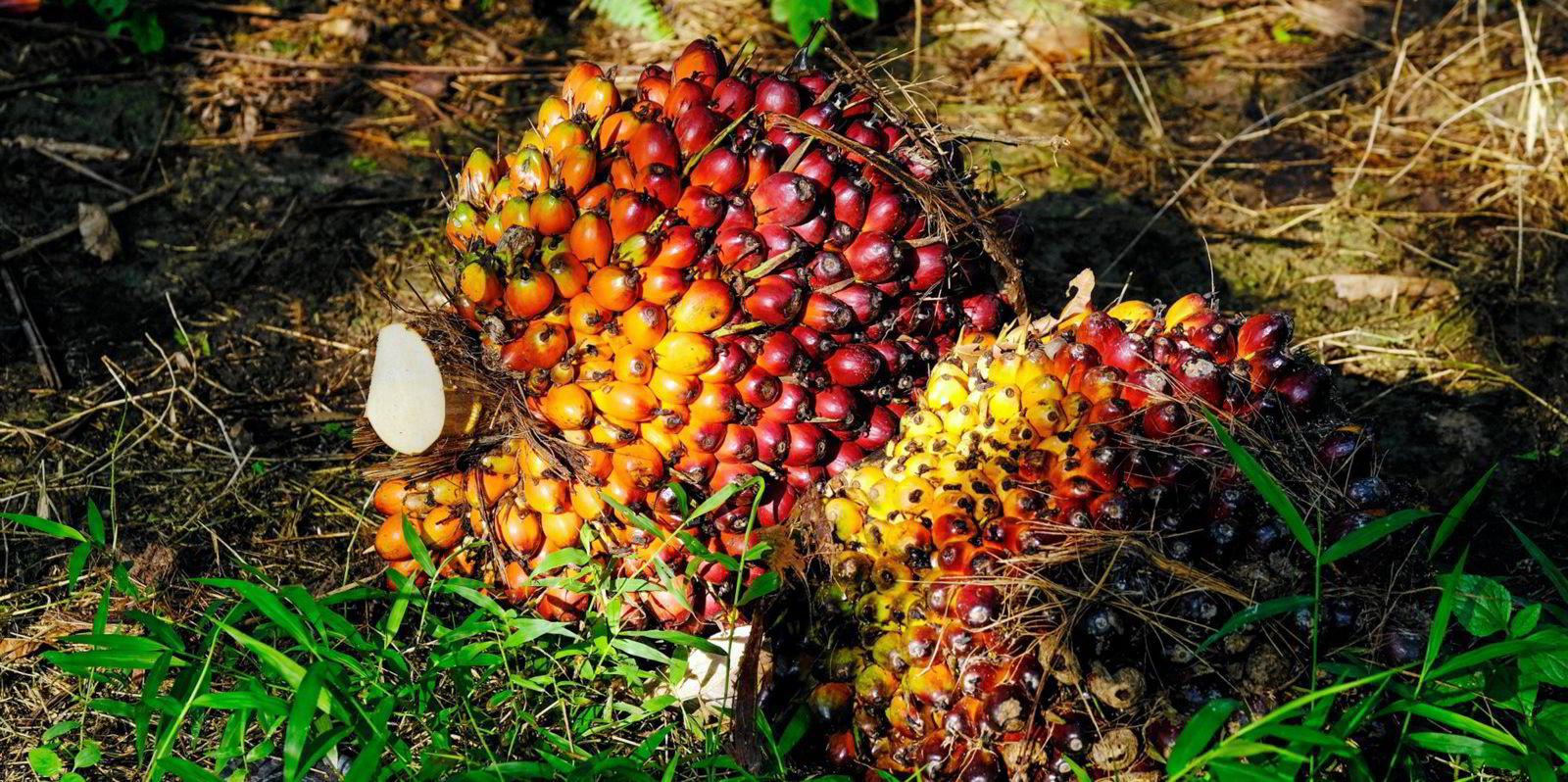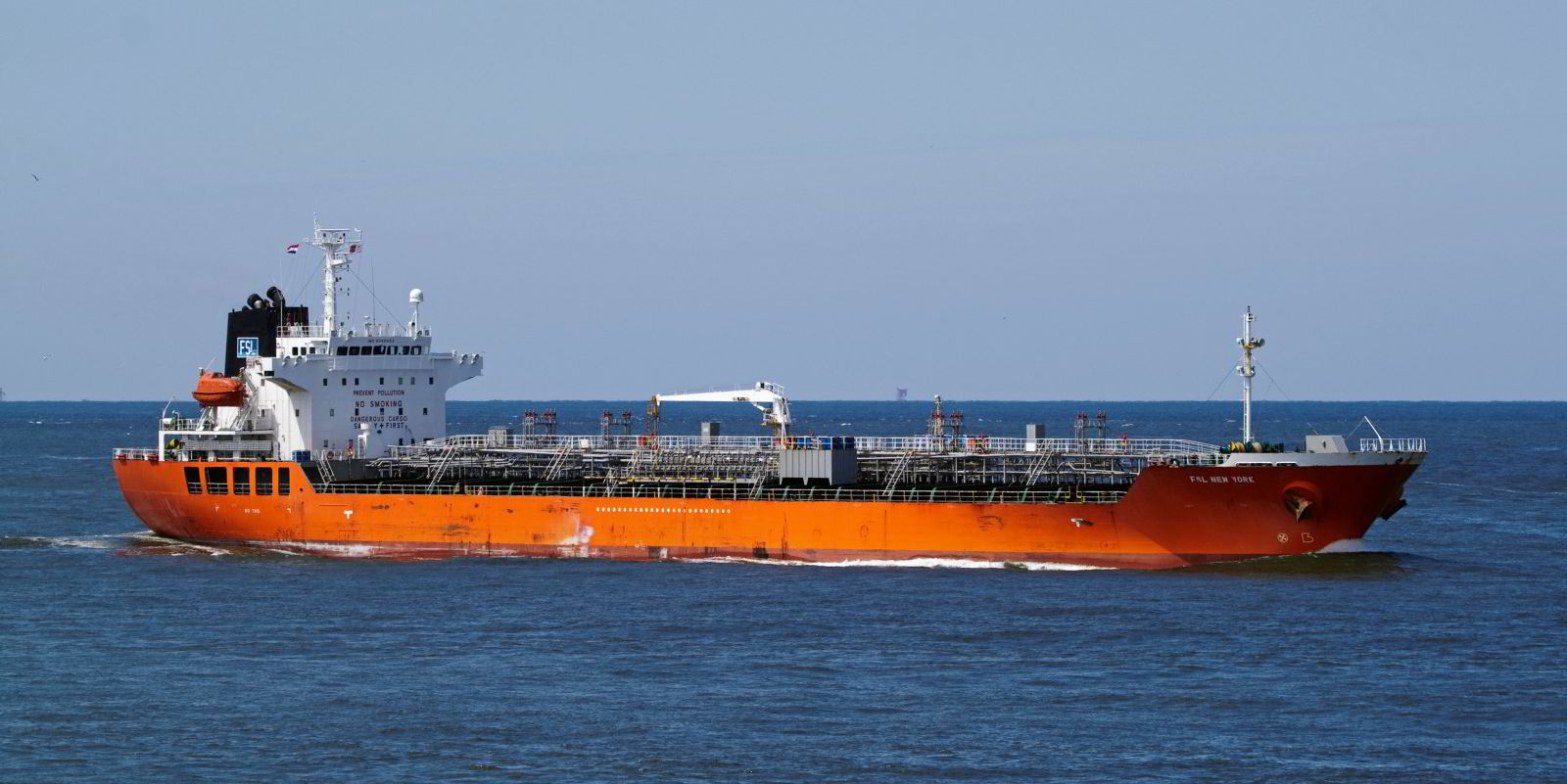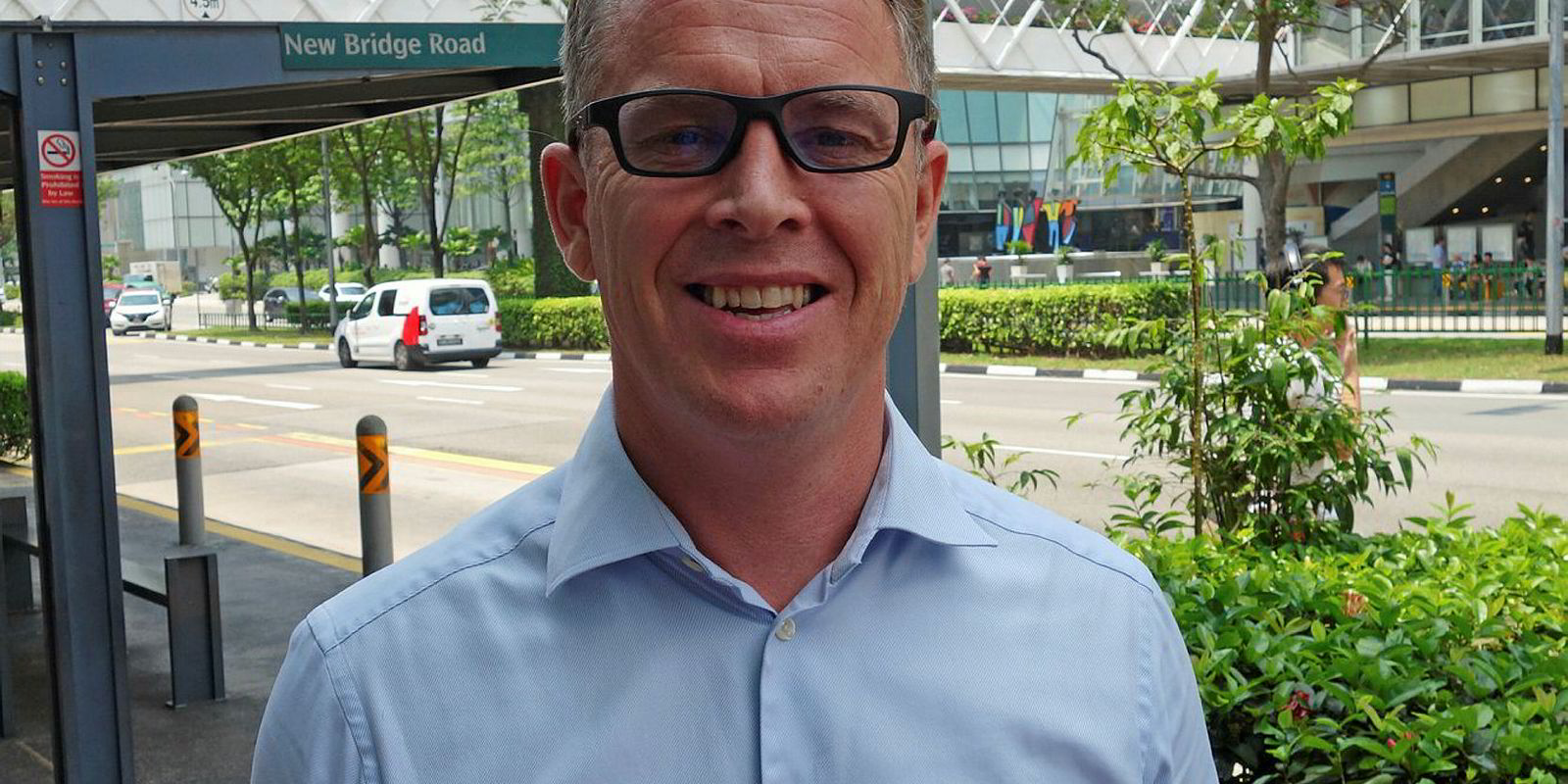Environmental sustainability is the buzzword on the numerous posters and videos displayed at the Singapore headquarters of palm-oil producer Golden Agri-Resources (GAR).
Palm oil has garnered a bad reputation due to concerns over rainforest destruction and practices, such as the annual burning of plantation stubble.
GAR claims to have addressed these problems head on and — backed by positive sustainability reports and related certification and awards — is driving sustainability throughout its business.
- Manages 536,000 hectares of palm oil plantation, equating to 4% of Indonesia's planted estates
- Operates 48 palm oil mills and utilises 378 additional third-party supplier mills
- Operates 7 downstream bulking stations, crushing plants and refineries
- Products are sold in more than 70 countries worldwide
- Total assets of $9.2bn
- Listed on the Singapore Exchange
The company moves more than 4m tonnes of palm oil annually across the world's oceans in product tankers and an additional 1m in ISO tank containers.
Bjorn Stignor, chief executive of its ocean freight arm Golden-Agri Maritime (GAM), said that to move that volume of cargo uses 140,000 tonnes of fuel oil based on current trading patterns.
Reducing the environmental impact of shipping this cargo is something that is foremost on the company's mind.
"We are working on goals for the future. It is just a matter of time before we have to present our greenhouse gas emissions for each shipment," he told TradeWinds.
Like many of his peers, Stignor is weighing his options.
"The question is what we will do about it. We welcome all initiatives being made including rules such as carbon offsetting.
"At the end of the day, it's all about how we can reduce our fuel consumption."
Stignor said he is disappointed by the emissions rules set up by the International Maritime Organization. The base for the reduction is set from 2008, which he believes does not reflect the fuel consumption of vessels today.
"The average 2008-built MR product tanker consumes 32 tonnes of fuel per day. Newbuildings today consume less than 20 tonnes per day. Just by using a modern vessel you can already reduce your emissions by almost 50%," he explained.
"As a charterer, if we only focus on vessels built within the last five years, we will have fulfilled most of the IMO requirements."
While Stignor is closely following the development of various types of alternative fuels, he also believes that more solutions can be found by designing even more efficient conventionally fuelled engines.
He asked: "If an MR tanker today burns 19 tonnes, can we make it 15 tonnes?"
GAM, as a charterer, has no official policy precluding older tankers, but Stignor said in practice it opts for modern, more-efficient vessels if they are available, even if it costs more.
Changing trade patterns
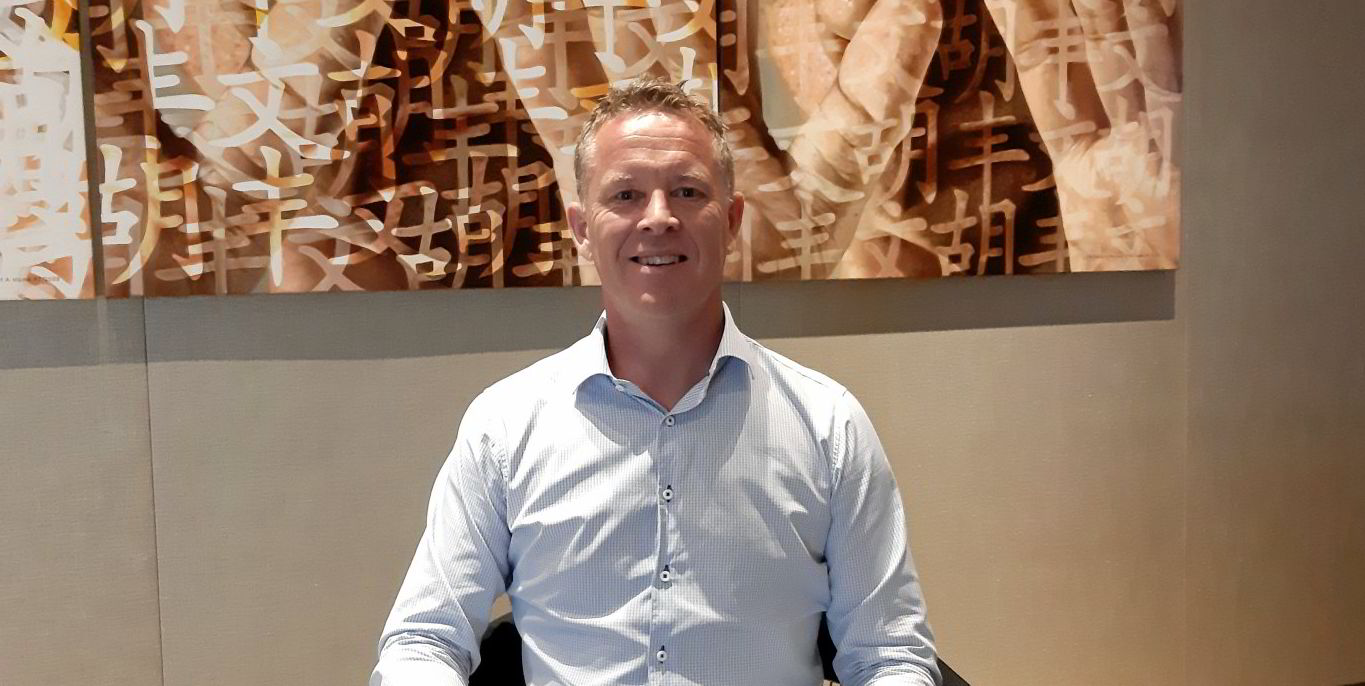
GAR's annual palm oil exports of more than 5m tonnes are expected to remain at close to the same volume over the next year, but underneath the surface there are significant changes over how it is shipped.
Asian palm oil producers have been moving up the value chain by refining their crude palm oil at the point of origin and exporting the higher-value refined products, the bulk of which is used for food.
"GAR sells very little in the way of crude palm oil. We ship the end products — products that people put in their mouths. GAM is in charge of transporting it safely, and that requires the use of quality ships from quality owners," Stignor said.
This shift away from crude oil has changed the type of product tanker that GAM fixes. It has moved from MR product tankers capable of transporting big volume, single-grade bulk crude cargoes to segregated vessels.
"We are shipping six to seven grades on a single vessel," Stignor explained.
GAM's chartering team — which handles about 250 vessel fixtures per year — fixes via brokers or direct with what Stignor described as the "big MR owners".
"Carrying multiple products on a single vessel makes shipping more complicated, more tricky. The harder it is to do, the better the crew and owner needs to be," he said.
While there are sufficient modern MR tankers in the market for GAM's needs, Stignor is concerned about the increasing age profile of the smaller regional tankers of up to 25,000 dwt, referred to in the market as intermediate-sized vessels, in the Asian markets.
Asia accounts for 50% of GAR's exports, and as volumes continue to grow, there is a strong need for such ships.
Newbuilding plans
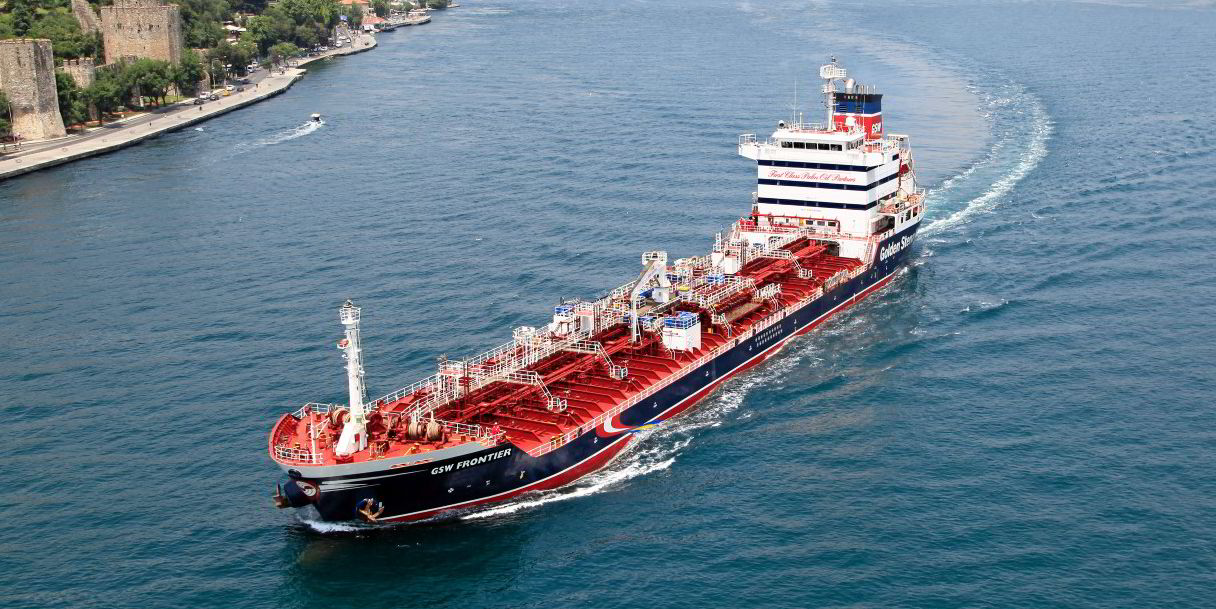
The problem in the intermediate sector, according to Stignor, is that it was grossly overbuilt between 2007 and 2009.
"This means the economics in this sector has been very poor, which is why nobody has built new vessel. Most of the ships are quite old and not very eco," he said.
Faced with a lack of modern intermediate tonnage, GAR is seriously looking at building its own vessels, and could place orders as early as 2022.
It is already the part owner of a fleet of tankers through its stake in tanker owning joint venture Golden-Agri Stena, and affiliated operating company GSB Tankers, in which Bay Crest Management is a partner and for which Stignor acts as chairman.
The newbuildings, however, will be directly owned by GAR.
"These will operate a shuttle service rather than as a trading asset," said Stignor.
Looking to the future, Stignor expects that GAM will be fixing a larger number of tankers and an ever-increasing volume of the approximate 1m tonnes of palm oil the company transports in ISO tanks will move back onto tankers.
This shift has been underway since container freight rates went into the stratosphere, making shipping palm oil products in ISO tanks more expensive than using tankers.
"It is not just a question of cost, there are other factors such as slot availability and schedule reliability," Stignor explained.
As GAR moves further up the value chain in terms of products, he expects GAM will be moving cargo in increasingly sophisticated tankers.
- The joint venture was formed in 2012 together with Weco of Denmark as the shipping provider of Golden Agri-Resources (GAR)
- Weco later left the partnership
- The company built up a portfolio of owned intermediate-sized tankers, although the majority were chartered in
- 2018 saw new partner Bay Crest Management come on board to form market-oriented chemical tanker company GSB Tankers, operating both owned and chartered tankers
- Golden-Agri Maritime was formed in January 2019 to take over GAR's chartering requirements, with vessels fixed from GSB Tankers on a competitive basis
- GSB launched the J19 Stainless Steel Tankers Pool in partnership with Aurora Tankers in 2021
- Golden-Agri Stena currently owns three 17,500-dwt product tankers
